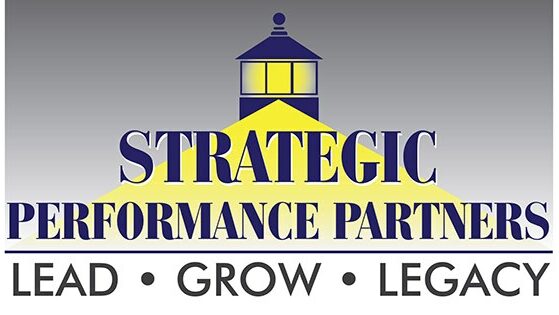As we celebrate the life of Dr. Martin Luther King Jr. today, I thought I might share several strategies he used to connect his cause to people. He was an incredible orator and visionary. His commitment to nonviolence was amazing given the odds he faced. It’s no wonder he’s the standard that all today’s serving leaders are measured against. It may also be why so many of today’s leaders fall short of his high standard.
What if I shared one other factor that made Dr. King an extraordinary leader? This quality is not mentioned in many history books, but in my opinion, it was the key to leveraging his other gifts and strengths. Dr. King was a connector. I’ve interviewed many in his inner circle and many of the people who led his efforts across America in the Civil Rights movement. It became very clear how he connected and mobilized so many people to follow his dream.
The first way Dr. King connected was through big ideas. Dr. King understood the best way to connect with others was through big ideas shared in a big way. He was very good at sharing a large enough story so others could see themselves in it. He learned to use powerful metaphors, stories, and analogies to move people. He used shared values to help people get more involved in the Civil Rights movement. He often used biblical references to make his points understood by a larger audience. To connect, we must invest the time needed to develop big ideas that are easier understood by many people.
The second way Dr. King connected was in the small details. When he was with people outside his inner circle, it’s clear they felt a connection to Dr. King in a more personal way. How did he do this? He remembered the little things about the people he was talking with. His ability to recall facts, small details about their families and congregations made others feel not only honored, but heard. Dr. King would bring up small details when sharing both one on one and in larger regional settings. How often do we miss the opportunities to connect with others through their view of the world? Once we feel heard, it is much easier to collaborate. To connect like Dr. King, we must listen like Dr. King.
The third way Dr. King connected was through networks. Before social media and technology, Dr. King invested significant time developing his networks. I’ve heard stories about calls and conversations from Dr. King that shows how effective he was at building an extended community for his cause. He knew how to leverage other peoples’ gifts and capabilities. He started by building trusting relationships with them.
When you understand the grass roots efforts that were required to change America, you get a new respect for Dr. King’s ability to connect a wide range of people and agendas for a greater cause. When he visited locations across the country, he built powerful connections with the most powerful people in their communities.
He knew that would not be enough. He also invested significant time with people he saw potential in. Dr. King was an incredible judge others’ capabilities and strengths. Even in the darkest days of the Civil Rights movement, he found opportunities to see the good in people and to encourage those for whom he fought for. Many of these unknown people later became the strongest supporters of his movement after his death. Dr. King understood every person can make a difference.
The final way Dr. King connected was through action. Dr. King understood if we wanted change to take place, people would have to take action. He understood there were many people who had tried to achieve his dream, but had failed due l lack of action and consistent follow up.
When reading his letters from jail to his sermons from the pulpit, there was energy to his writing. He was a man of action and seldom spent time reviewing his mistakes beyond understanding what happened and how to fix it. He had a bias toward action and expected his people to continue making progress no matter how challenging the situation. He connected with others knowing they would be responsible for achieving his ultimate victory.
I got into a conversation with an older friend who knew Dr. King. He asked me how different the Civil Rights movement would have been if it happened today in such a divided country. I shared that I can only imagine how Dr. King would have leveraged today’s technologies and social media to make change happen even more quickly. After all, Dr. King knew the power of connection long before the rest of us even imagined it.
For serving leaders, I believe social media can help you connect with others in many new and exciting ways. Have you enjoyed the blogs this past week? If you’re interested in learning more about how serving leaders and nonprofits can connect through social media, you might consider attending a webinar I’m doing this Wednesday with Dennis Fishman called: No Nonsense Social Media.
See you tomorrow.

